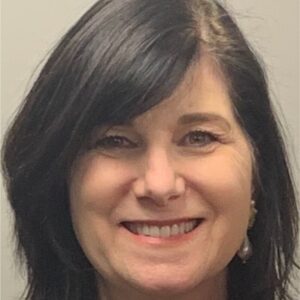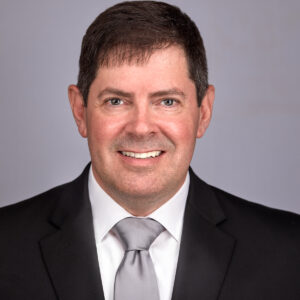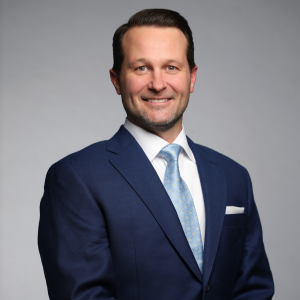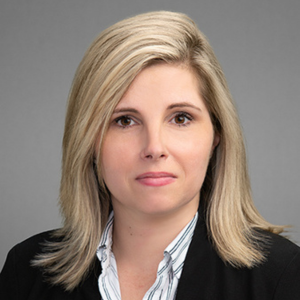Surviving an Inspection
| Surviving an Inspection This experienced administrator offers survey-survival tips for his hard-pressed colleagues BY STANLEY SPECTOR |
| Like every nursing facility in America that accepts Medicaid and/or Medicare reimbursement, we undergo a survey by the state department of health. And, like every facility, we work hard to achieve the best outcomes possible. It isn’t easy, but we’ve done acceptably well and, for what it’s worth, would offer some suggestions that might be of help to our colleagues nationwide. |
| To begin, review your survey from the previous year and any other state reports you might have received between the last year’s survey and the present date. Remember, any complaints, abuse investigations, and focused reviews may affect your site visit. The state survey team gets a schedule from the central office and plans an unannounced visit. You must be prepared every day for an unannounced visit. By the same token, you have to strike a balance. It is better to have satisfied customers, i.e., residents and families who will keep an operation solvent, than to have a perfect survey with low occupancy. So, how do you maintain a balance and survive? First, some facts of life: In today’s arena, the state and federal governments are pressured to enforce the letter of the law when it comes to inspections of nursing facilities. The administrator always sets the tone and the priorities for the organization. He/she must be aware of any problems, know the pulse of the staff and the residents, and keep abreast of the regulations. His/her relationship with the ownership, whether for-profit or nonprofit, must be a good fit. It is said that a successful administrator must know which buttons to push and exactly when to do so. In the last analysis, the ownership or board of directors must allow the administrator to function. The administrator should meet with all staff on a quarterly basis to give updates, review problems, and provide the face-to-face leadership that the staff requires. On a daily basis, while it is always easier to manage by memo or by delegation, I have found another way:
The professional administrator in 2003 must be cognizant of not only the finan-cial side, but the clinical side, as well. When there is a deficiency, the adminis-trator is held responsible-he/she cannot pass the blame on to a department head. There is no question that it takes great commitment and a lot of time to comply with the regulations, keep the beds filled, and ensure that staff are properly trained and supervised. I would sum up with the following advice:
And, finally, always remember, “My strength comes through the strength of others.” NH |
| Stanley Spector is administrator of the Promenade Rehabilitation and Health Care Center, Rockaway Park, New York. For further information, phone (718) 945-4600 or fax (718) 634-8237. To comment on this article, e-mail spector0903@nursinghomesmagazine.com. |
I Advance Senior Care is the industry-leading source for practical, in-depth, business-building, and resident care information for owners, executives, administrators, and directors of nursing at assisted living communities, skilled nursing facilities, post-acute facilities, and continuing care retirement communities. The I Advance Senior Care editorial team and industry experts provide market analysis, strategic direction, policy commentary, clinical best-practices, business management, and technology breakthroughs.
I Advance Senior Care is part of the Institute for the Advancement of Senior Care and published by Plain-English Health Care.
Related Articles
Topics: Articles , Facility management , Leadership











